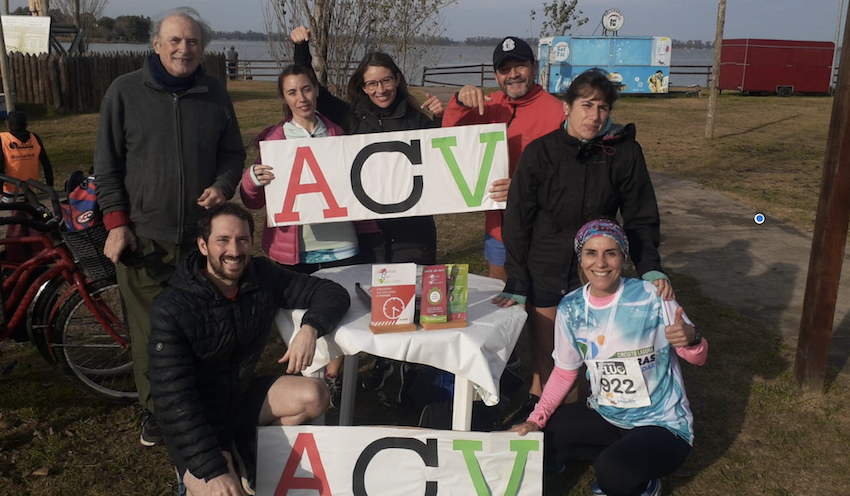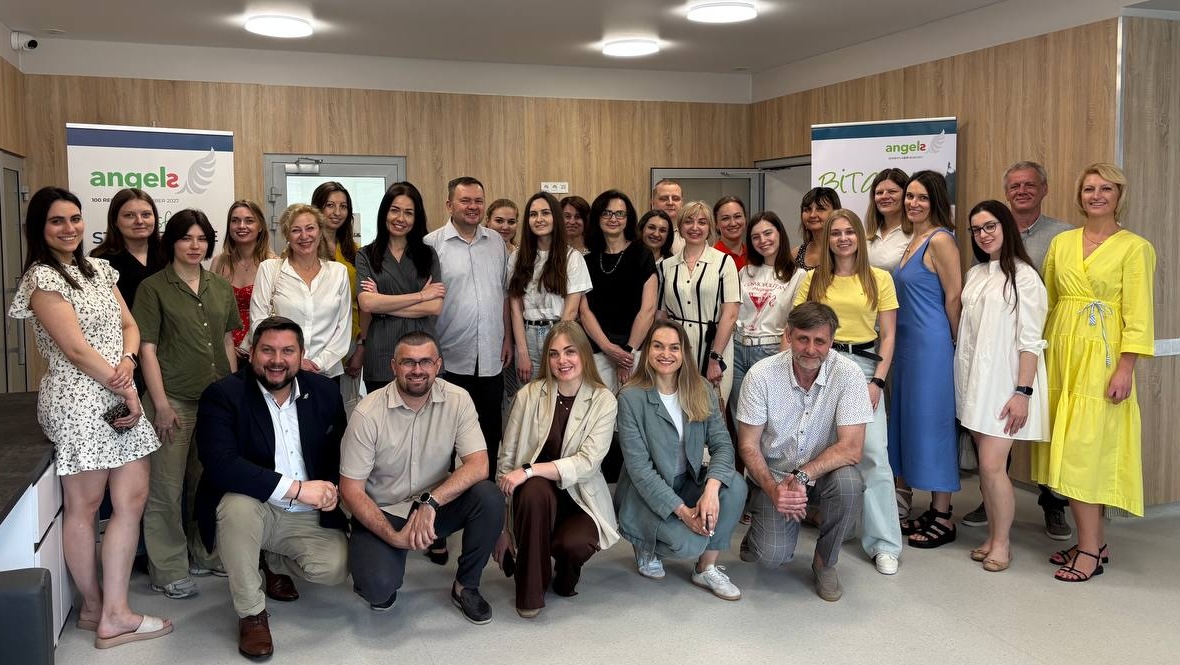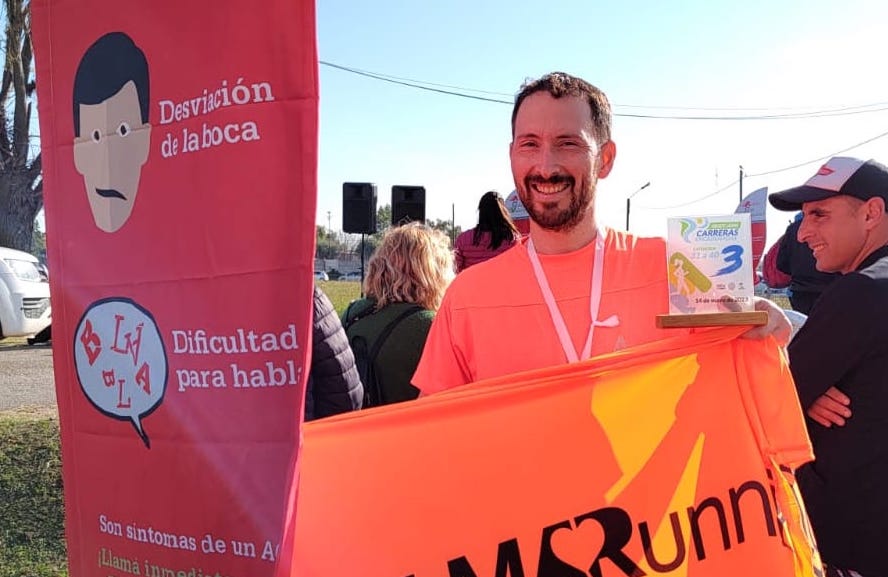
Le Docteur Ignacio Girolimini aime les chiens.
Sur sa page Facebook, des photos de personnes en déplacement qui attendent d’être adoptées sont entrecoupées de publications sur l’endroit où vous pouvez vous faire vacciner contre la grippe et partager au nom d’un groupe qui recueille des fonds pour l’hôpital local.
Mais au début de l’année 2023, le Dr Girolimini avait quelque chose de nouveau à demander aux 25 000 résidents de San Miguel del Monte : il voulait qu’ils participent à une enquête sur la sensibilisation à l’accident vasculaire cérébral. L’enquête a fait partie d’un projet visant à établir une unité neuro-vasculaire à l’hôpital de Zenàn Videla Dorna, qu’il a expliqué dans une vidéo partagée le 17 février. Dix jours plus tard, ce projet sauverait une vie et changerait l’avenir des soins neuro-vasculaires dans cette ville rurale calme.
Le traitement de l'accident vasculaire cérébral ischémique aigu a toujours été sur le radar du Dr Griolimini. C’était la raison pour laquelle il s’est inscrit à l’Initiative Angels en 2021 et a suivi presque tous les modules d’apprentissage en ligne de l’Angels Academy, du cours de l’ASLS pour les praticiens des SMU au cours de base sur l’AVC pour les infirmières. C’est la raison pour laquelle il a participé au programme de mentorat ROPU, par le biais duquel il s’est mis en relation avec le Dr Claudio Jiménez, un neurologue de l’hôpital de SimànBolàvar primé au diamant à Bogota, en Colombie, et a fait connaissance avec l’équipe Angels dans la province de Buenos Aires.
Le point de bascule est venu en juin 2022 avec l'acquisition d'un TDM pour l'hôpital de 124 ans de San Miguel del Monte. Pour le Dr Girolimini, c’est le moment où le traitement de l’accident vasculaire cérébral aigu a cessé d’être une intention et est devenu une obligation.
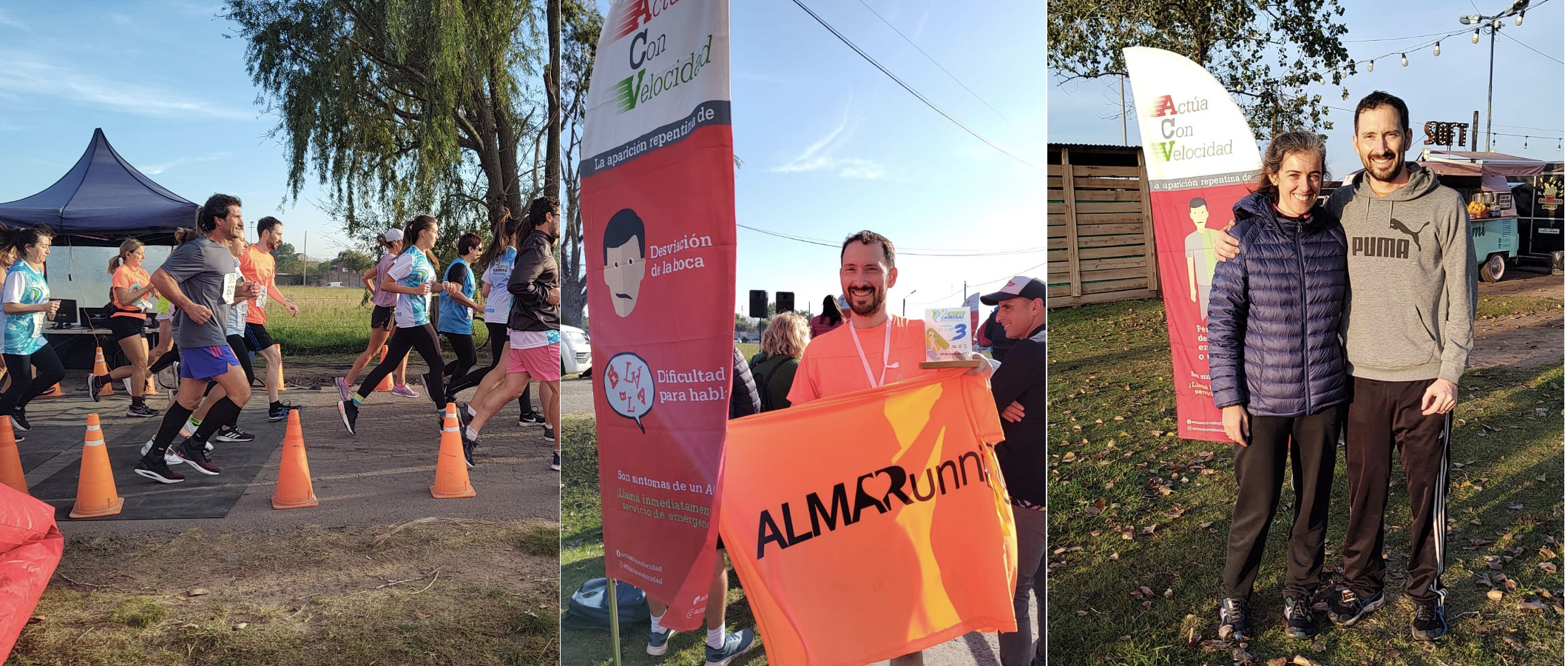
Ignacio Girolimini s’est élevé à San Miguel del Monte, où la vie se centre autour d’un lagon de 720 hectares si beau qu’il possède son propre compte Instagram. Il est le premier médecin de sa famille, et lorsqu’il a commencé à étudier à l’Université de Buenos Aires, et plus tard, il s’est spécialisé en médecine interne, il ne devrait revenir que pour le week-end occasionnel. Mais bien qu'il ait aimé travailler dans la grande capitale cosmopolite, il n'aimait pas les embouteillages et il a manqué le lagon, sa famille et la tranquillité de la vie de petite ville.
Il est rentré à la maison en 2020 dans l'unique hôpital de San Miguel del Monte, dans le but de "s'occuper de façon optimale des besoins de notre petite ville".
Avec l’hôpital prêt à la prise en charge des accidents vasculaires cérébraux cérébraux à 45 minutes, les résidents de San Miguel del Monte étaient dans le même bateau que la majorité des Argentines habitant loin des grandes villes. Les patients ayant subi un AVC, y compris la grand-mère du Dr Girolimini, ont été efficacement laissés dans leur sort, car de grandes distances et une faible sensibilisation signifiaient que peu d'entre eux avaient atteint un traitement aigu dans le temps.
Poussé par le tout nouveau TDM et avec l’aide des directeurs d’hôpital, le Dr Girolimini a commencé à travailler sur un protocole d’accident vasculaire cérébral pour son hôpital, un processus qui s’est accéléré après que le consultant Angels Daiana Michel a visité San Miguel del Monte sur 1 février 2023. Le parcours qu’ils ont conçu était centré autour du nouveau TDM – c’est là que les services d’urgence fourniraient des patients suspectés d’accident vasculaire cérébral et où, si le patient était éligible, le traitement commencerait. Mais pour s'assurer que les patients sont arrivés à temps, la population a dû être sensibilisée sur l'accident vasculaire cérébral, et c'est ce qu'était l'enquête du Dr Girolimini.
"En une minute, vous pouvez perdre deux millions de neurones", son message vidéo a commencé . . .
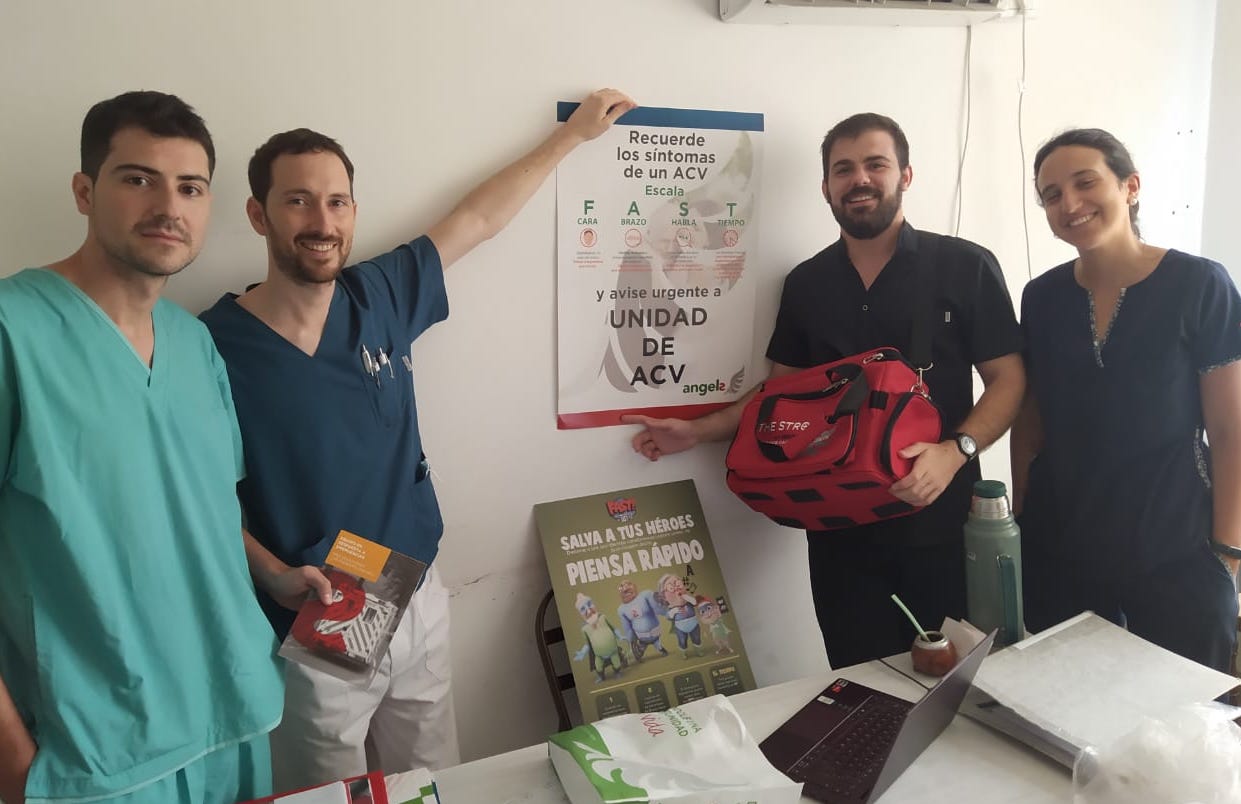
Peu de temps après 8 h le mardi 28 février, quatre semaines seulement après sa première visite, Daiana a reçu un message WhatsApp qu’elle a immédiatement partagé avec les consultants Angels du monde entier. "Buen dyana !" le message a commencé. "Hoy cerca de la madrugada... Primera tromboloisen hospital".
L’hôpital de Zenyn Videla Dorna avait thrombolysé son premier patient ayant subi un accident vasculaire cérébral à l’aube.
Le patient était un visiteur de 61 ans qui passait par San Miguel del Monte lorsqu’il avait eu un accident vasculaire cérébral. Il était à bien des égards un homme chanceux, car, seulement 30 minutes après l’survenue des symptôme, il est arrivé dans le seul hôpital pendant miles où il pouvait recevoir un traitement par thrombolyse. Il a été traité dans les 60 minutes suivant son arrivée et s’est rétabli de manière remarquable.
"C'était important", dit le Dr Girolimini, "parce qu'il était mécanicien, quelqu'un qui travaillait avec ses mains. C'était important pour lui et pour nous de le garder en fonction".
Le Dr Girolimini continue également de fonctionner. Pour réduire le délai d’attente avant la prise en charge, diriger une campagne de sensibilisation à l’accident vasculaire cérébral, lancer une recherche sur les causes spécifiques à l’accident vasculaire cérébral, étendre leur service aux villes voisines, commencer à construire un réseau régional d’accident vasculaire cérébral et convaincre d’autres hôpitaux que cela peut être fait.
Ce n'est pas si difficile, dit-il à ceux qui ne traitent pas les patients accident vasculaire cérébral malgré avoir les ressources pour le faire. "S'organiser. C'est une obligation".
